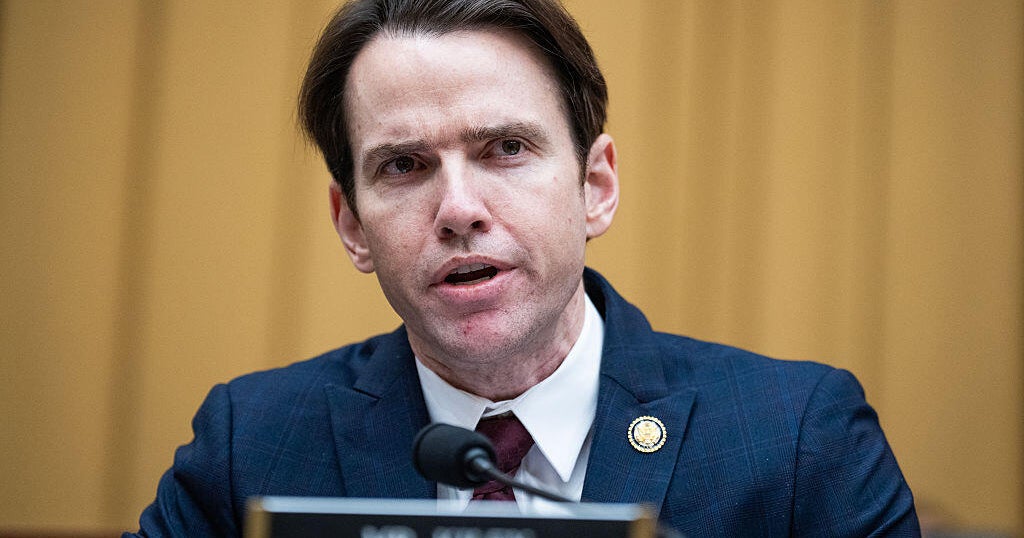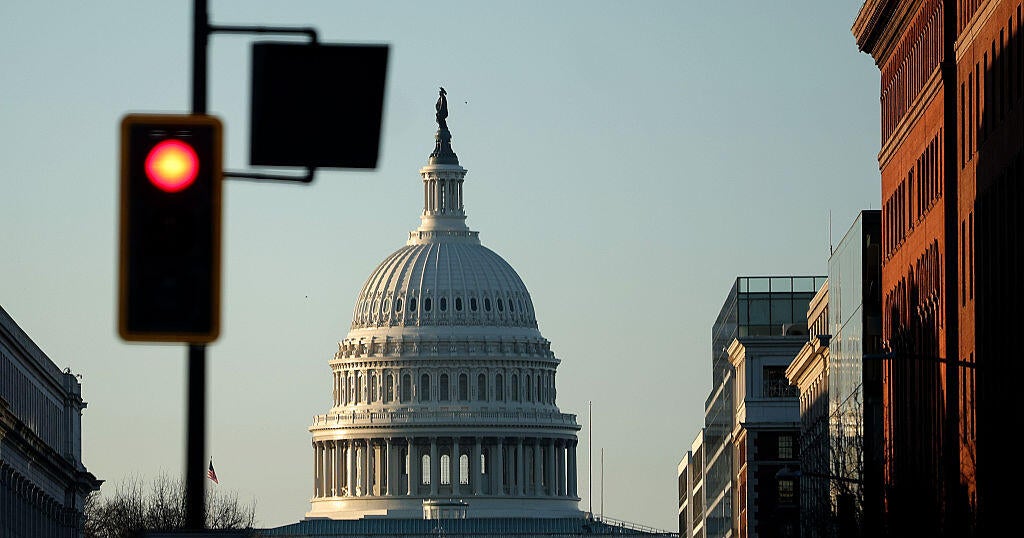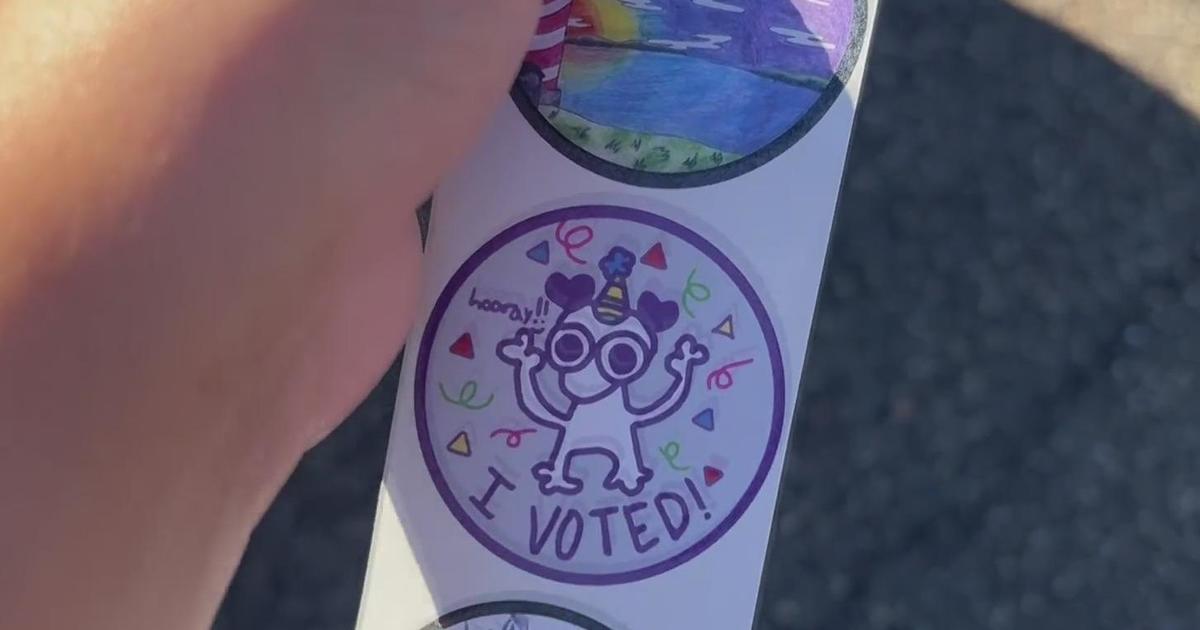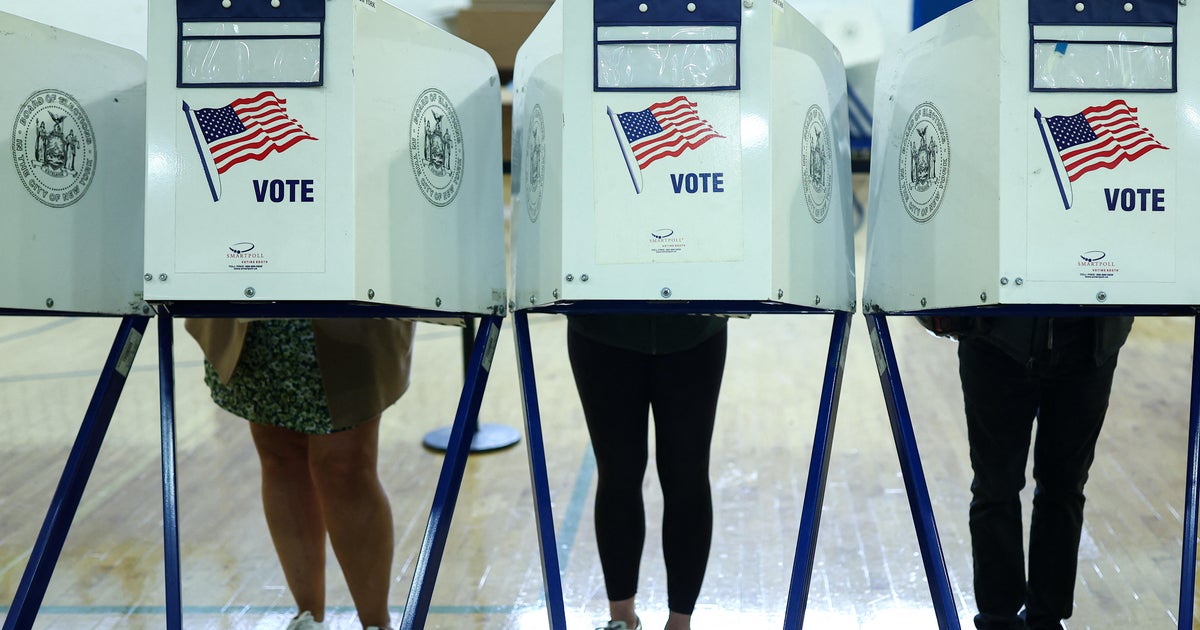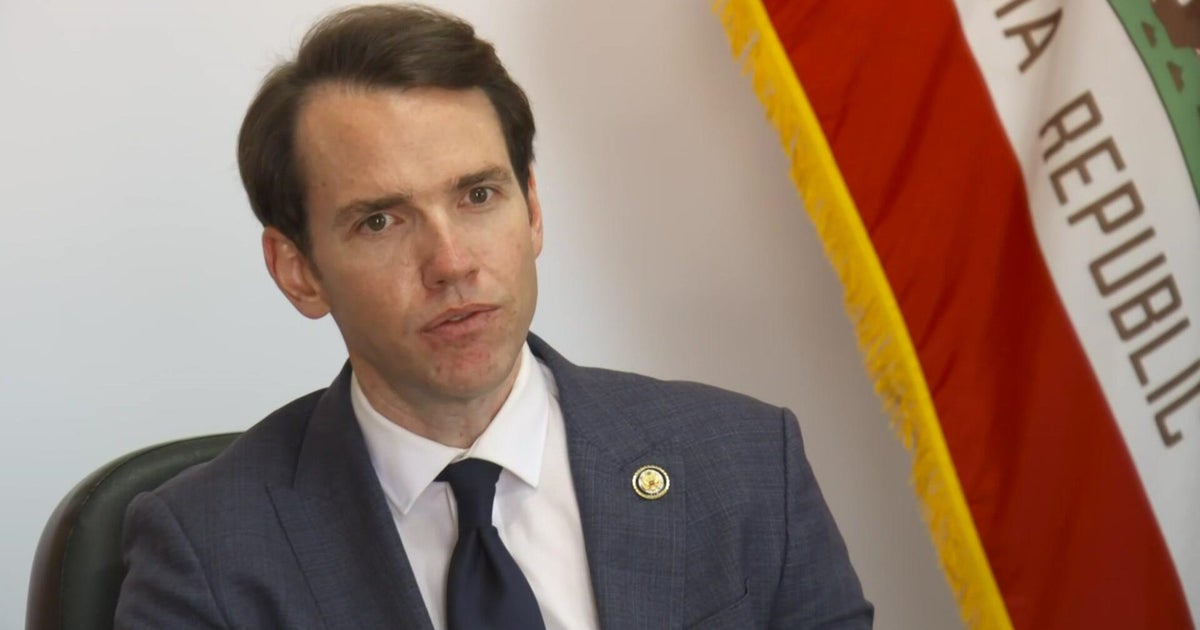Sen. Kyrsten Sinema won't run for reelection in Arizona, opening pivotal Senate seat
Washington — Sen. Kyrsten Sinema announced Tuesday she is not running for reelection in Arizona in November, opening up a crucial swing-state Senate seat.
"Because I choose civility, understanding, listening, working together to get stuff done, I will leave the Senate at the end of the year," she announced in a video statement.
Sinema left the Democratic Party in 2022 to become an independent. But she has continued to caucus with Democrats, helping them keep their narrow majority in the upper chamber.
She was facing a tough reelection if she decided to run for a second term. Her retirement means November's election will likely be a two-way race between Democratic Rep. Ruben Gallego and Republican Kari Lake for a seat that could help determine control of the Senate. Sen. Gary Peters of Michigan, who leads Senate Democrats' campaign arm, said the party would work "tirelessly" to ensure the seat stays in Democratic control.
Steve Daines, the head of Senate Republicans' campaign arm, said her exit "creates a unique opportunity for Republicans to build a lasting Senate majority this November."
"With recent polling showing Kyrsten Sinema pulling far more Republican voters than Democrat voters, her decision to retire improves Kari Lake's opportunity to flip this seat," Daines said in a statement.
Sinema, who in 2018 became the first Democrat to win her Arizona seat in 30 years, blamed growing partisanship for her decision to leave Congress.
"Through listening, understanding and compromise, we delivered tangible results that make America safer, stronger, and more prosperous," she said. "Yet despite modernizing our infrastructure, ensuring clean water, delivering good jobs and safer communities, Americans still choose to retreat farther to their partisan corners. These solutions are considered failures, either because they're too much or not nearly enough. It's all or nothing, the outcome less important than beating the other guy."
She positioned herself as a moderate who could help negotiate bipartisan deals, giving her more power than a freshman senator would typically have, and often infuriating fellow Democrats. Sinema was recently one of the lead negotiators in talks to craft an agreement to improve security along the southern border and overhaul key portions of U.S. asylum law. The group's plan landed with a thud among Republicans, who had demanded stricter border measures just weeks earlier.
"The only political victories that matter these days are symbolic, attacking your opponents on cable news or social media," Sinema said in her statement. "Compromise is a dirty word. We've arrived at that crossroad. And we chose anger and division."
Senate Majority Leader Chuck Schumer, a New York Democrat, said Sinema "blazed a trail of accomplishments in the Senate," noting her work on the Inflation Reduction Act, Respect for Marriage Act and the Infrastructure Investment and Jobs Act.
Senate Minority Leader Mitch McConnell, a Kentucky Republican, said her "wisdom and devotion to this body rivaled that of her most seasoned colleagues," adding that in five years she "has done the work of a storied Senate career."
In a statement thanking Sinema for her service, Gallego sought the senator's backing.
"As we look ahead, Arizona is at a crossroads," he said, echoing her own statement. "Protecting abortion access, tackling housing affordability, securing our water supply, defending our democracy — all of this and more is on the line. That's why Democrats, Independents, and Republicans alike are coming together and rejecting Kari Lake and her dangerous positions. I welcome all Arizonans, including Senator Sinema, to join me in that mission."
Lake praised Sinema for her "courage to stand tall against the Far-Left in defense of the filibuster — despite the overwhelming pressure from the radicals in her party like Ruben Gallego who called on her to burn it all down."


